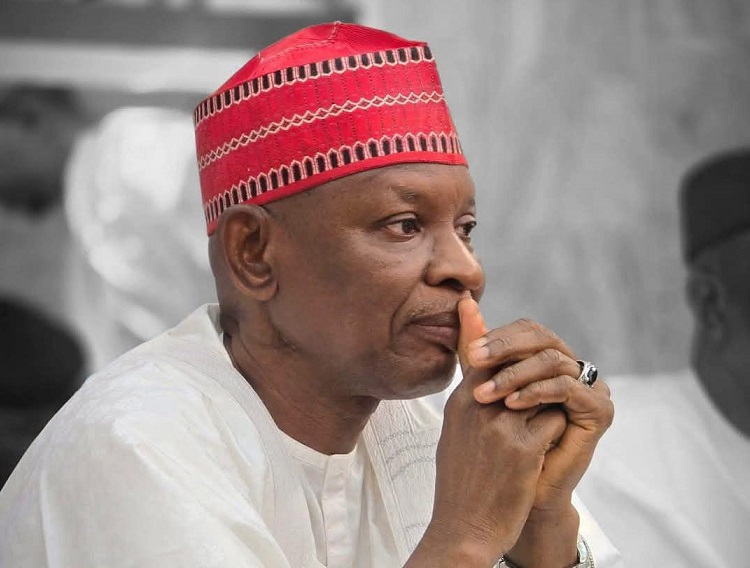The European Union has been urged to permanently cut off all Russian energy imports by Commissioner for Energy and Housing Dan Jorgensen. Most EU countries have already halted direct imports of Russian crude and gas due to sanctions over the Ukraine conflict. However, the EU aims to fully phase out Russian energy by the end of 2027 under its RePowerEU Roadmap.
The plan involves ending spot gas contracts, suspending new deals, limiting uranium imports, and targeting Russian oil tankers allegedly used to bypass sanctions. Jorgensen emphasized the importance of agreeing on a framework and sticking to it, even after the Ukraine conflict ends. He stated that the EU’s objective is to stop importing Russian energy as quickly as possible and not resume imports even after a peace agreement.
The US has backed the EU’s plans, with President Donald Trump urging European allies to halt Russian energy imports. The July trade deal between Washington and Brussels included a pledge to replace Russian oil and gas with American LNG and nuclear fuel. However, some EU countries, such as Hungary and Slovakia, which are heavily dependent on Russian supplies, have opposed the phase-out, citing concerns over security and price increases.
Hungarian Foreign Minister Peter Szijjarto accused the EU of “hypocrisy” for calling for a phase-out while some members still buy Russian crude through intermediaries. Jorgensen is in talks with Hungary and Slovakia but noted that the plan can be approved without their support, as it requires only a qualified majority.
Moscow has warned that abandoning its energy will drive up prices and weaken the EU’s economy, forcing it to rely on costlier alternatives or indirect Russian imports. The EU’s plan to phase out Russian energy is part of its efforts to reduce dependence on Russian fossil fuels and promote energy security. The European Commission will need to negotiate with member states to reach an agreement on the plan, which is expected to have significant implications for the EU’s energy market and economy.



